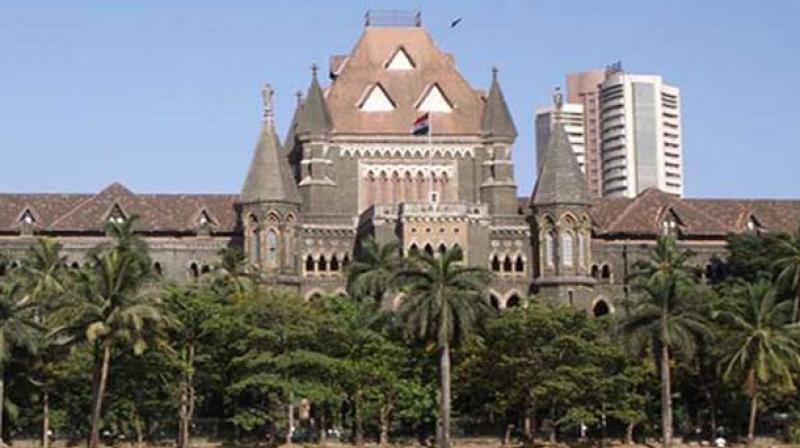Central law will prevail over personal law: Bombay High Court

Mumbai: The Bombay High Court has held that Central law shall prevail over personal law in instances when both are conflicting. The court made the observation while hearing an abortion plea of a 16-year-old rape survivor wherein the accused’s family claimed that the Muslim personal law permitted the marriage of a 16-year-old and there was no rape. The court, however, held that as the Central law has set the age of majority for girls at 18 years, it would prevail over personal law.
During the hearing of an abortion plea filed by the father of the rape survivor, who was 22-weeks pregnant, the division bench of Justice Naresh Patil and Justice Girish Kulkarni was informed by the counsel appearing for the accused that as per Muslim personal law, a girl can get married after attaining 15 years of age, hence the case could not be construed as rape and the abortion plea should be dismissed.
However, assistant government pleader Kavita Solunke submitted that as the girl in question was not a Muslim, personal law could not be applied to her and her plea for abortion could not be dismissed as Central law had fixed the age for marriage at 18 years and she was governed by Central law and not personal law. After hearing both sides, the court upheld the state’s arguments.
The court and said that when laws were in conflict over an issue, the law governing the entire population would prevail and in the current case as the girl was not a Muslim, the age of marriage prescribed under Central law would prevail.
The court then directed the government to initiate the process of appointing a committee of experts to examine the girl. The court also directed the government to submit the report on whether the abortion of the 22-week foetus could be permitted. The father of the girl had pleaded that, as the sonography report of the foetus showed anomalies and the doctors overseeing his daughter’s pregnancy had said that if she was allowed to complete the pregnancy her life would be in danger, she should be permitted to terminate the pregnancy.

